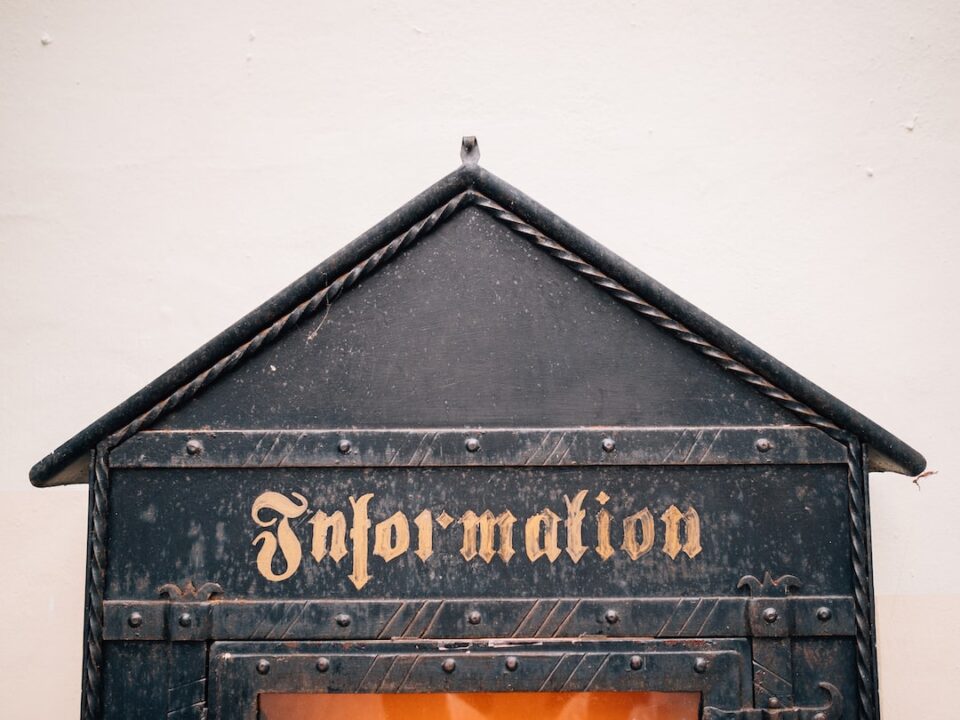Transgender Intersectionality: Recognizing and Addressing the Unique Challenges Faced by Queer and Trans People of Color
Intersectionality is the study of intersectional identities, as individuals belong to different marginalized communities at the same time – gender, race, class, sexuality, disability status, among others. In recent years, the concept of intersectionality has become increasingly important in the conversation about transgender people, particularly those belonging to the queer and trans people of color (QTPOC) community.
Transgender individuals face significant obstacles in their daily lives, from employment, housing, healthcare, to social stigma and discrimination. When one begins to add other layers of oppression, such as race, immigrant status, and economic hardship, these challenges are only multiplied. This is why the concept of intersectionality is so crucial to the understanding of transgender issues.
It is essential to recognize the unique experiences faced by transgender people of color. They endure a disproportionate amount of discrimination and marginalization due to the intersection of their race or ethnicity and their gender identity. The “transgender tipping point” in the U.S., where the mainstream media and public began to fully comprehend the trans community’s experiences, focused mainly on white, middle-class trans people. This left out the voices of individuals with multiple marginalized identities, including queer, trans people of color.
One of the significant issues that QTPOC transgender individuals face is access to healthcare. Trans individuals face significant barriers to healthcare altogether, but for QTPOC trans people, even the ability to access basic health services is limited. Healthcare providers often lack the cultural competency necessary to serve LGBTQ individuals, and women of color, in particular, receive poorer gynecological and obstetric care. This lack of understanding and care impacts the physical and mental health of QTPOC transgender individuals. They are at a higher risk of developing mental health disorders such as depression and anxiety that stem from coping with multiple levels of oppression.
Transgender people of color are also more susceptible to violence, including hate crimes, sexual assault, and police brutality. The disproportionate levels of violence against transgender people of color is a failure to provide assurance of justice for QTPOC individuals. The criminal justice system often fails to recognize violence against QTPOC individuals, sometimes even further perpetuating the crimes by refusing to take action against the perpetrators.
One of the most significant parts of addressing issues of intersectionality is to uplift the voices of marginalized individuals to speak about their experiences. We cannot combat systemic oppression without centering the experiences of those most impacted. By doing so, we can create meaningful change and move toward a world where all individuals, regardless of their intersectional identities, are treated with dignity and respect.
In conclusion, the concept of intersectionality is fundamental to understanding the unique challenges faced by queer and trans people of color. Issues of discrimination, access to healthcare, and violence are only compounded when multiple marginalized identities intersect. To truly address these issues, we must work to uplift and center the voices of those most impacted by systemic oppression, particularly the queer and trans people of color within the transgender community. By doing so, we can work toward a more equitable world for all individuals.
——————-
Article posted by:
United Universe Productions | pageant
https://www.uniteduniverseproductions.com/
United States
Growing Together, Changing the World. International Pageant Organization with over 20+ Divisions and leading edge optional categories providing a one of a kind competition experience for all. Including Divisions for Men, Women, Transgender, Youth, Adult, Plus Size, Couples, and those medically unable to travel or compete on a stage. Join us on the leading edge of pageantry as we pioneer a new way of competition.

